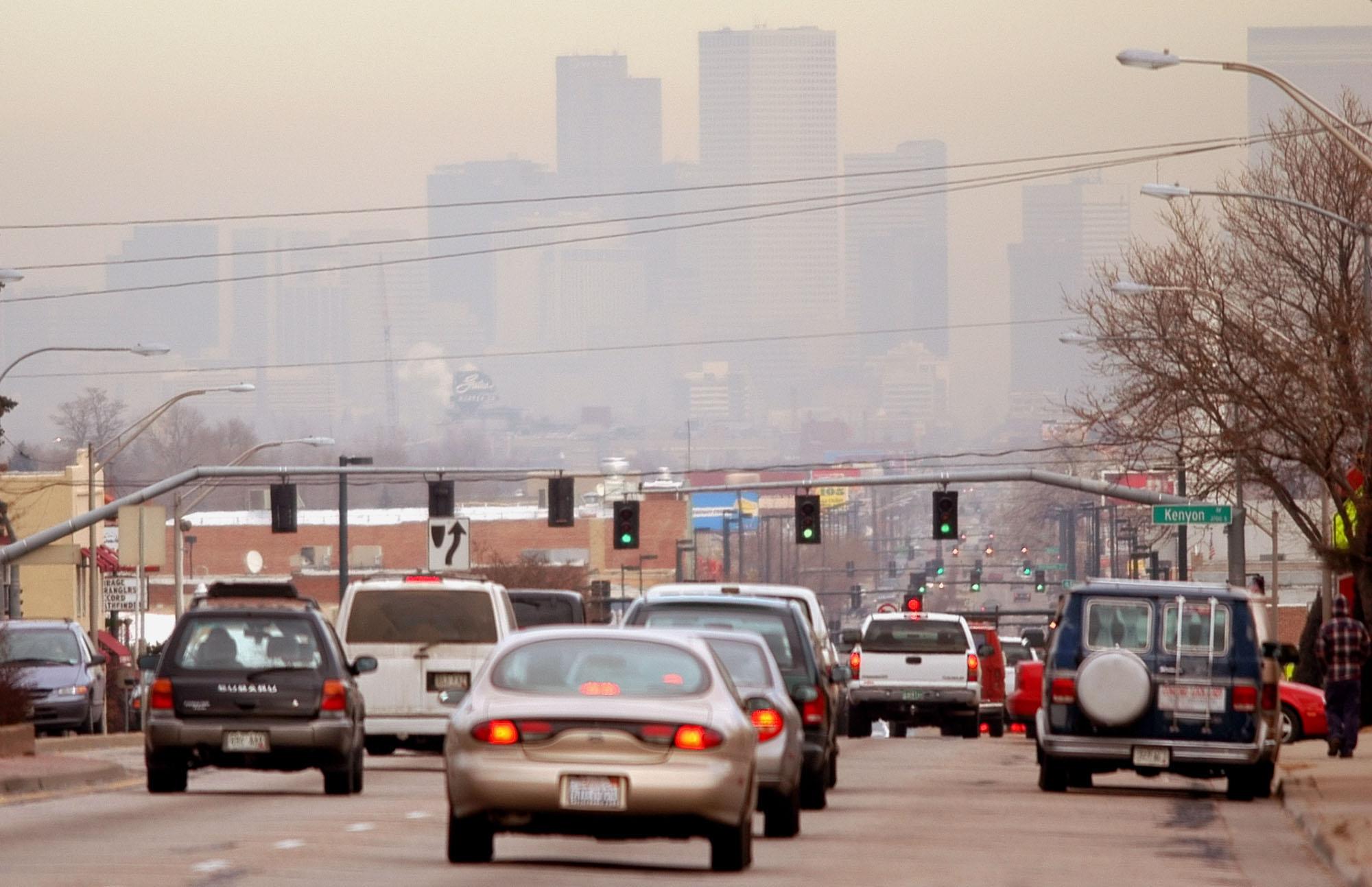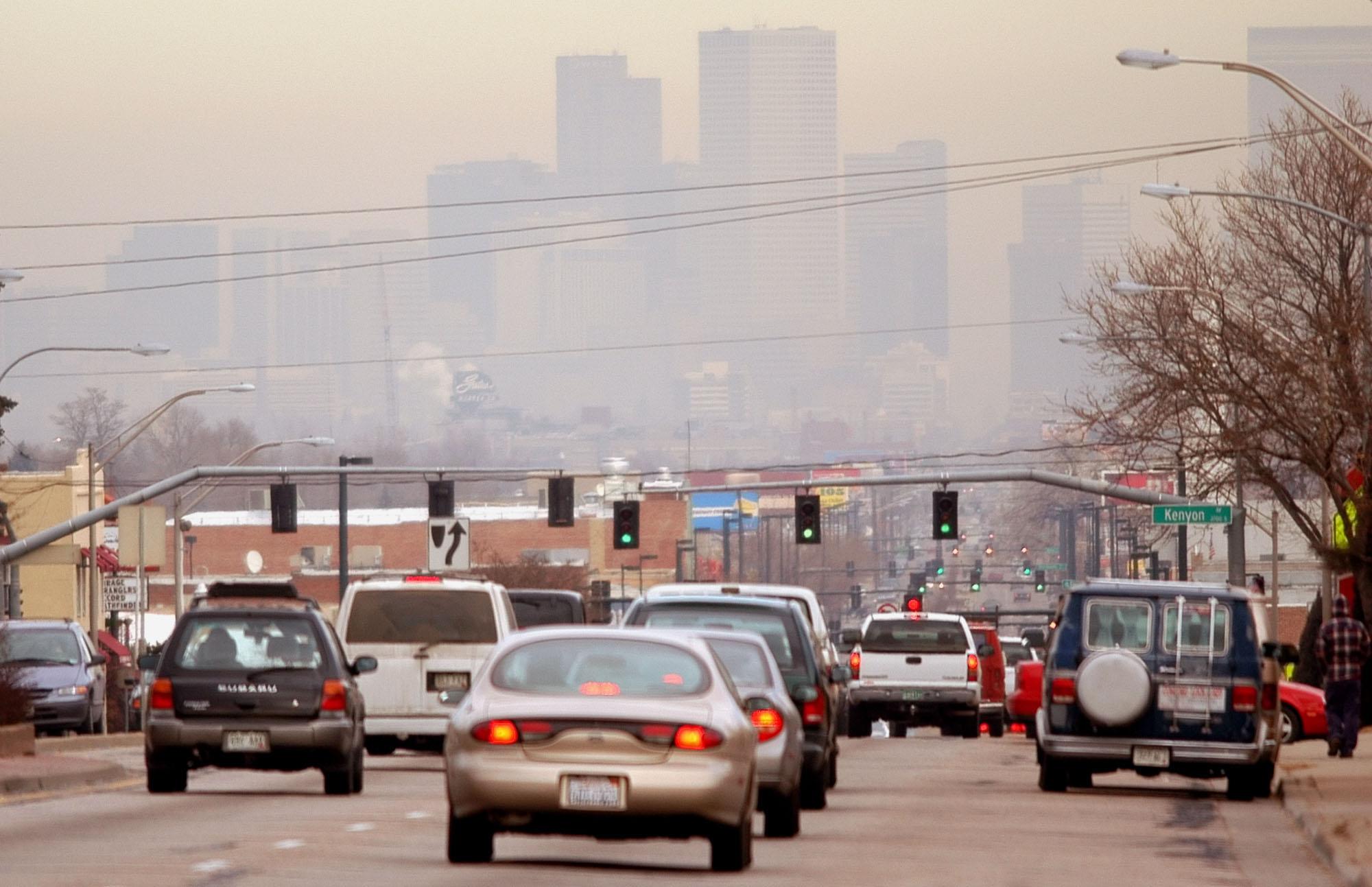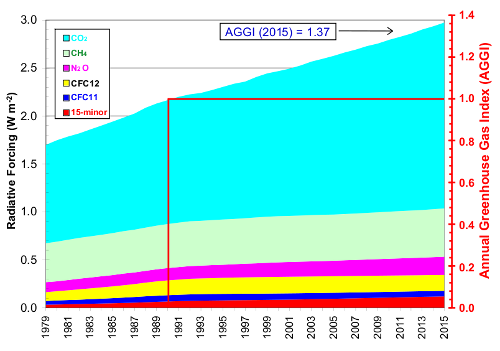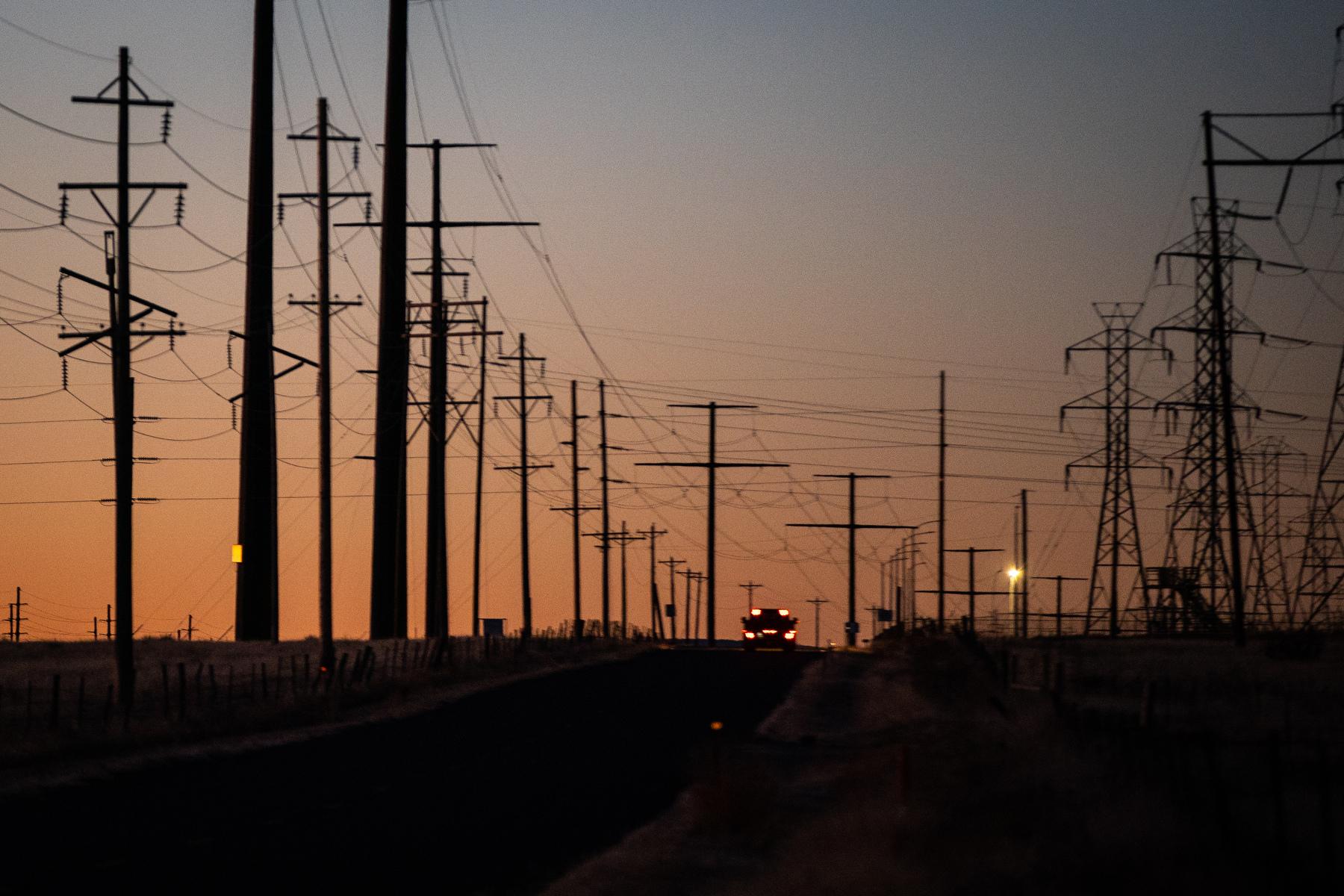

And unfortunately for us, it's gotten a little bit bigger each year for awhile now. The latest installment of NOAA's Annual Greenhouse Gas Index shows an increase of 37 percent since 1990.
"Which is a lot," said Jim Butler, director of NOAA’s Global Monitoring Division. He pointed to a familiar culprit: the burning of fossil fuels from cars, power plants and other trappings of modern society.
The index shows greenhouse gases' radiative forcing -- their ability to warm the planet. As the number rises, so to does the potential for warming of the planet.
As the number rises, so to does the potential for warming of the planet.
"It's like lying in bed with your electric blanket every night, and you're very happy with it being set at a position -- say three. And then you find out very quickly that you set it up by 37 percent and you haven't gotten warm yet. But you're expecting you're going to get warm. And then you can't turn it down," he said.
No specific state-by-state data was available.








